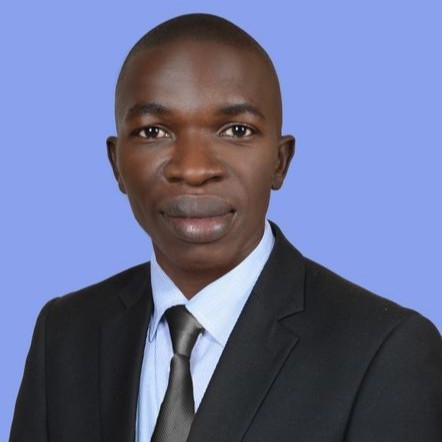Despite attempts by humanitarian organizations and the Ugandan government to provide food relief to refugees escaping conflict and persecution in neighboring countries, the food crisis in refugee camps remains a significant issue that requires immediate action, according to the World Food Programme (WFP). The decrease in funding that was triggered by Uganda’s Anti-Homosexuality Act has badly hit vulnerable populations in refugee camps, particularly children, pregnant women, and the elderly.
Uganda hosts more than 1.6 million refugees and asylum seekers. Since 2014, Uganda’s refugee population has doubled from 390,000 to 1.6 million, the largest in any African country. Over 40,000 newly arriving refugees have already been registered in Uganda since the beginning of this year.
The majority are women, children, and elderly people from the Democratic Republic of the Congo (DRC), Somalia, South Sudan, and Sudan. Most live in 13 camps with Bidibidi, the largest, hosting some 236,700 refugees, followed by Adjumani (219,600) and Lobule (5,700) according to Integrated Food Security Phase Classification (IPC).
Food rations cuts
Since July 2023, 4% of refugees have had their food aid stopped, 82% have received 30% of their rations and 14% have received 60%. Furthermore, if financing is not secured quickly, there is concern that the entire food aid pipeline will collapse but Ugandan refugees are said to be already receiving the least amount of food aid.
The situation has continued to worsen since 2020 when research carried out by (IPC) in September 2021 in six refugee settlements discovered that food allowances for refugees had decreased from 100% to 70% of the recommended daily food basket (2100 kcal) in April 2020, and again to 60% in February 2021.
Cash and in-kind support
For refugees in rural settlements, General Food Assistance (GFA) remains the primary source of food and other means of subsistence while urban refugees are typically judged to be self-sufficient and do not qualify for regularly scheduled support.
The United Nations WFP and the United Nations High Commissioner for Refugees (UNHCR) both provide monetary and in-kind contributions to the GFA. The GFA contribution mode is 52% cash which is exclusively for food, not for other non-food contributions, with the remaining 48% is in-kind contributions.
Refugees in rural settlements also cultivate their own food but this is hampered by a lack of agricultural land while others work to purchase food and other necessities.
Funding reduced
UNHCR noted that the reduction in food rations was due to a decrease in funding which has been reported after Uganda passed an Anti-Homosexuality Act in August 2023, a legislation that has been harshly criticized by many donors.
Uganda previously received significant foreign aid to support refugees with the United States being one of the largest humanitarian donors. In fiscal year 2022 alone, the United States provided US$82 million in humanitarian assistance to Uganda, bringing the country’s total funding to nearly US$170 million for that year. However, in 2022, Uganda’s refugee response received less than half of that necessary due to its stance on LGBTQI+. For instance, France contributed more than US$2 million to Uganda’s humanitarian and refugee response in 2018, but little more than US$500,000 in 2021 and 2022 combined, according to OCHA’s Financial Tracking Service.
The Minister for Relief, Disaster Preparedness, and Refugees, Hon. Eng. Hillary Onek, told DevelopmentAid that Uganda needs further funding because there are outbreaks of war in the neighboring countries of Sudan and DRC and the refugee influx is expected to increase on a daily basis.
“We anticipate the number of refugees to increase daily with the wars that are breaking out in Sudan and the Democratic Republic of the Congo. To help them, we still require a significant amount of funds. We request that our partners expedite the financing,” said Minister Onek.
Onek added that the government is still negotiating with the World Bank to reverse its decision and resume funding which was halted after the Anti-Homosexuality Act was passed, stating:
“We are still negotiating with the World Bank for an additional US$280 million (UGX1.059 trillion) so that we can support refugee transit districts,” added Minister Onek.


